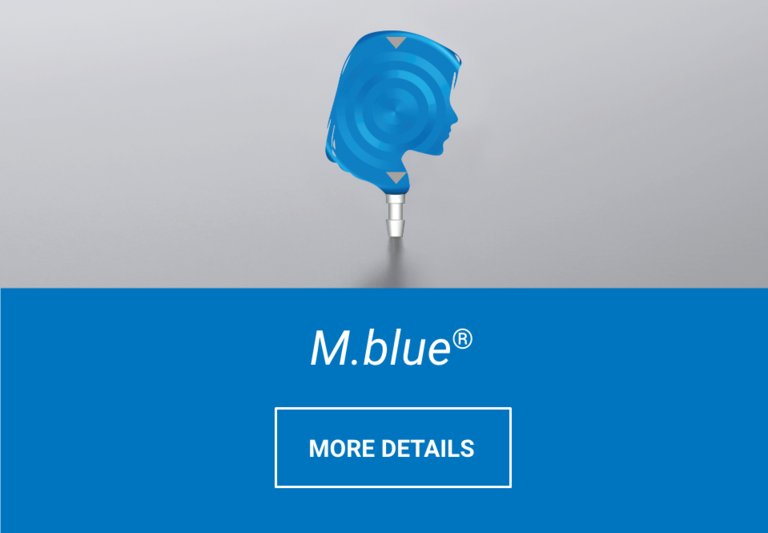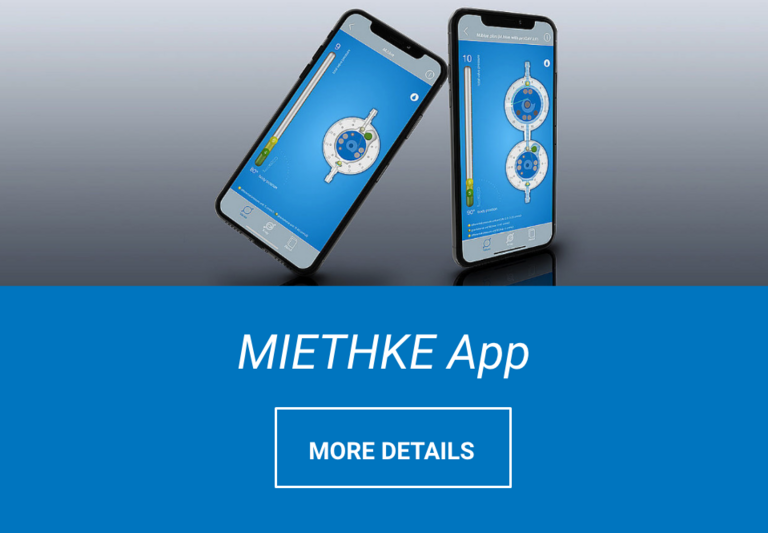Frequently asked questions
Hydrocephalus in general
Hydrocephalus (Greek: "hydro" = water, " kephale" = head) describes a pathological enlargement of the fluid spaces (ventricles) in the brain filled with cerebrospinal fluid (liquor). This disease is often the result of other underlying diseases. More information here.
NPH is short for Normal Pressure Hydrocephalus and describes a form of hydrocephalus that usually only occurs after the age of 60 years and is therefore commonly called "age-related hydrocephalus". Due to its specific symptoms and the age of the patients, NPH is not seldom confused with a form of dementia, which leads to the fact that, according to estimates by doctors, every 10th person suffering from dementia actually has NPH and could be treated with it. More information here.
In general, a distinction is made between hydrocephalus occlusus (occlusive hydrocephalus or non-communicating HC) and hydrocephalus communicans (communicating HC). In the case of non-communicating hydrocephalus, a "blockage" (e.g. tumour) prevents the cerebral fluid from circulating freely between the cerebral ventricles - i.e. from communicating. In the case of communicating hydrocephalus, the cerebral ventricles are freely connected to each other and the cerebral fluid circulates, but there is usually a disturbance in absorption - this means that not enough cerebral fluid is reabsorbed by the venous blood system.
Hydrocephalus treatment & diagnostics
There have been repeated efforts to develop and use drug therapies for the treatment of hydrocephalus, but none of them has really caught on to this day. The therapy of choice still is the implantation of a shunt system or in certain cases an endoscopic intervention.
The duration of the implantation of a shunt depends on several factors and cannot be answered in general terms. As a rule - without any incidents - one can assume 30-60 minutes.
Hydrocephalus operations are usually performed in all neurosurgical clinics.
Depending on the form of hydrocephalus and the age of the patient, it can be very different. Diagnostic methods for detecting hydrocephalus can generally include the following: Ultrasound (in children up to 2 years old), computed tomography (CT), magnetic resonance imaging (MRI), spinal tap test, infusion test, lumbar drainage, or even an additional gait test at NPH. Detailed information can be found here.
No, this should only be done by trained medical personnel.
All adjustable MIETHKE valves can be checked non-invasively and without X-ray controls for their set pressure level with the associated measuring instrument. We recommend that the pressure setting is always noted in the patient pass, so that you are always informed and can quickly provide information to other attending doctors. For non-adjustable MIETHKE valves, the fixed opening pressure is noted in the corresponding patient pass anyway.
Miethke-Shunts
Almost all individual parts of a MIETHKE valve are made of biocompatible titanium. Many more product information can be found online on our website www.miethke.com under the respective products. Our MIETHKE App also shows very nicely the functionality of the valves as well as the pressure stage detection in imaging.
Unfortunately not yet. It is not so easy for all clinics in over 50 different countries around the world to set up and keep such a Clinic Finder up to date while meeting regulatory requirements in all regions. We are working on it. Until then, however, we can offer that our medical device consultants will personally answer any request for a clinic finder: by e-mail to medizinprodukteberater@miethke.com or by phone on 0331 620 830. This applies to the search for suitable clinics in the residential area as well as to individual destinations around the world in the course of holiday planning.
No. In general, each MIETHKE valve has its own measuring and adjusting instruments. However, there are some overlaps, so that some instruments are also suitable for several valves. You can find a detailed overview here.
Functionality of MIETHKE shunts
No. MIETHKE valves are compatible for MRI devices up to 3 Tesla. This means that our valves do not accidentally misalign during an MRI examination. A subsequent X-ray check is not necessary.
No. Radiographic examinations are harmless for all MIETHKE valves and have no influence on the functioning of our valves or their set opening pressure.
Yes, MIETHKE valves offer safe protection against magnets up to a strength of 3 Tesla and are therefore also compatible with magnetic resonance imaging (MRI) up to this strength. Magnetic fields that occur in smartphones, headphones and headsets are of much lower strength and have no influence on the valve setting of MIETHKE shunts. This also applies to items of clothing or fashion accessories with magnetic fasteners.
No. MIETHKE valves are compatible for MRI devices up to 3 Tesla and thus also for magnetic toys or magnets used in everyday life such as smartphones, headphones, etc. This means that our valves do not accidentally move during an MRI examination (up to 3 Tesla) or by magnets that appear in everyday life or in toys.
There is a very nice study about this, which we would like to recommend here (link). Some patients hear their valve others do not. Simply put, it can be assumed that the valve works when you hear it. On the other hand, the same does not apply: Just because you do not hear the valve does not mean that it does not work. Most patients who hear their valve describe this phenomenon when they change their body position - for example when they get up in the morning. What they hear is a vibration of the ball that closes the valve or is responsible for opening it. When changing the body position, it is in a constant state of alternation between opening and closing to ensure that the pressure is equalized. You can read more about this phenomenon in our MIETHKE Journal, where we explain the background in more detail.
Day-to-day life & travel with MIETHKE shunts
Here the rule is, as often: What feels good is allowed. What doesn't feel good, is not. And in any case, the suitability for diving - as with healthy people - should be checked with the doctor in advance.
Here we can only report on the collected experiences of patients and as with diving, the answer depends on the patient's personal feelings. There is neither a general recommendation for hiking in high altitudes nor could we recommend certain altitudes which are valid for all patients without complaints. Every person and every hydrocephalus patient reacts very differently to heights and the associated effects on their own body. We have heard of patients who like to hike at high altitudes and do so regularly, and we know of those who have problems with a few hundred metres. You have to try it.
Yes, if you discuss this with your doctor in advance, if you are feeling well and there are no typical pressure symptoms.
There is no obligation to always have the patient passport with you. Nevertheless, we advise implant users to always have their patient passport with them, just like their ID card, cell phone or wallet. The doctor should ensure that adjustments or other changes are documented in the patient passport at all times. This makes it easier for doctors to act in an emergency.
In principle, there is nothing against a sauna session with a MIETHKE valve. It all depends on your personal feeling. All MIETHKE valves are made of titanium. Like other metals, titanium absorbs only the ambient heat, i.e. the heat of the surrounding tissue. The valve will therefore not be damaged in a sauna and will not heat up unpleasantly.
Basically, yes. Flying or the pressure differences in the aircraft have no effect on the functioning of our valve systems. By the way, we recommend that you always have your patient passport with you, e.g. to identify yourself as an implant carrier at the security check.
No. Nevertheless, we recommend that you always carry your patient's pass with you in order to identify yourself as an implant holder and to have the most important information available to the treating doctor on site in an emergency.
Principally, no. The question is rather, how important is it for your own feeling to know that a clinic experienced with the corresponding MIETHKE valve is nearby in an emergency? Many patients contact us when planning their vacation and ask for contact details of such clinics. Some choose their travel destinations based on these options. Some go anywhere without concerns as they basically have very little problems. Simply contact our medical product advisors if you want to know whether there is adequate coverage at your destination.
We recommend that you request possible contact details at your destination from us prior to your holiday. Of course, you can also contact our medical product advisors at any time.






![[Translate to English:] [Translate to English:]](/fileadmin/_processed_/d/b/csm_MIETHKE_myhcandme_Slider_36e844cb46.png)
![[Translate to English:] [Translate to English:]](/fileadmin/_processed_/8/4/csm_MIETHKE_KarlsWaechter_Teaser03_neu_8f7ee0cf94.png)







